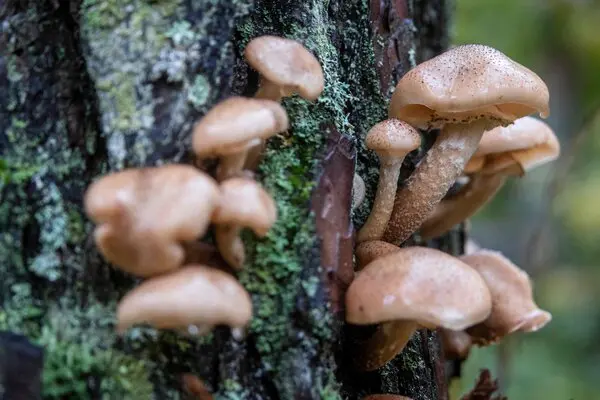By: Ray Zhao
Fungi have long been a key part of life as we know it. The ones that helped living organisms colonize land, and fungi are life support for between 80 and 90 percent of living things. Fungi were the ones responsible for bringing the amount of carbon dioxide in the air down to survivable levels. And as climate change continues, many scientists are wondering if fungi can help solve the pressing crisis.
One of those scientists, Merlin Sheldrake, says that “we ignore [fungi] ‘at our peril.’” He is the author of Entangled Life: How Fungi Make Our Worlds, Change Our Minds and Shape Our Futures, and works with an organization called the Society for the Protection of Underground Networks. Merlin holds a Ph.D in tropical ecology from Cambridge University.
Since fungi are often left out of conservation efforts, many organizations and people like Sheldrake are trying to raise awareness of the important “life support systems” that made life like we know it today possible.
Sheldrake and many others think that fungi can bring carbon dioxide levels down like they did 500 million years ago. While fungi are a major carbon sink, they can do way more than suck up carbon. Fungi are so versatile at helping life that scientists think fungi can solve many pressing issues, including initiating plastic degradation.
Scientists have found a strain of Aspergillus tubingensis that was breaking down plastic in a landfill site in Islamabad. The strain could break down polyurethane plastics within weeks, something that no other living organism has been able to achieve in an even similar timeframe. Most other bacteria and fungi can take more than hundreds of years.
Scientists all over the world are beginning to voice support for more fungi research and conservation.
“There are so many urgent challenges we face today, and there are many ways we can partner with fungi to help adapt to life on a damaged planet,” says Sheldrake. “And there is so much we don’t know.”











